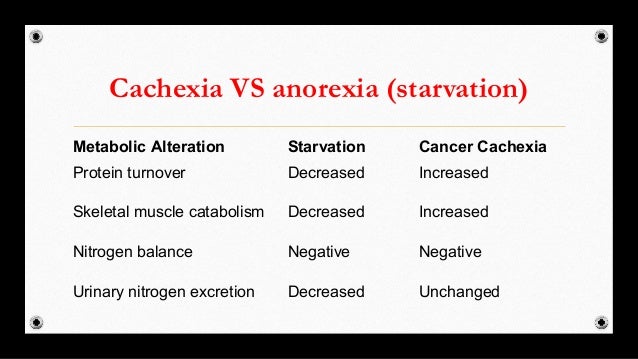The Obesity Paradox in Kidney Disease: How to Reconcile It With Obesity Management Kidney
malnutrition in cancer patients management The Obesity Paradox in Kidney Disease: How to Reconcile It With Obesity Management Kidney Malnutrition in Cancer Patients
Cancer is definitely an powerful disease, also it requires a potent treatment regimen to control and hopefully eradicate the malignant cells. However, cancer treatment itself is also very damaging towards the body, and it can make someone very weak. Thus, it is necessary for cancer patients to address the malnutrition that always comes as a result of treatment so that you can stay strong.


When consume, you take in the vitamins, minerals, proteins, carbohydrates, along with other goods that your body needs for fuel. This supports your defense mechanisms as well as overall health, which enables you to address the cancer. Frustratingly, though, just as someone needs this strength the most, the cancer and subsequent treatment may cause one to develop anorexia or cachexia.


One of one of the most frequent signs and symptoms of cancer is anorexia, or even the complete lack of appetite. This can occur as the body loses its ability smell or taste because of cancer treatment, or it may happen as tumors grow make pressure on digestive organs. Cachexia, however, is often a wasting disease seen as a lack of body mass. Normally, one's body will be able to adjust to starvation or anorexia by slowing its metabolism. However, with cachexia, the metabolism is not able to adjust, which forces your body to consume its own fat and muscle. Cachexia most often occurs with lung and digestive cancers.

Frustratingly, both anorexia and cachexia can result in malnutrition as one's body no longer gets the nutrients which it has to withstand cancer and cancer treatment. Malnutrition could make you more susceptible to infections, and also the treatment itself can become too risky for the body. You may also feel fatigued and weak, which decreases what you can do to battle your cancer.
To help prevent malnutrition, many cancer centers also include nutritional counseling and therapy. This can coach you on getting essentially the most nutrients out of your food that you are able to consume.
If you are clinically determined to have mesothelioma, you may want additional support in managing and recovering from the medial side connection between devastating disease, including cachexia and anorexia. To learn more about mesothelioma, check out the Mesothelioma Resource Center today.


One of one of the most frequent signs and symptoms of cancer is anorexia, or even the complete lack of appetite. This can occur as the body loses its ability smell or taste because of cancer treatment, or it may happen as tumors grow make pressure on digestive organs. Cachexia, however, is often a wasting disease seen as a lack of body mass. Normally, one's body will be able to adjust to starvation or anorexia by slowing its metabolism. However, with cachexia, the metabolism is not able to adjust, which forces your body to consume its own fat and muscle. Cachexia most often occurs with lung and digestive cancers.
Frustratingly, both anorexia and cachexia can result in malnutrition as one's body no longer gets the nutrients which it has to withstand cancer and cancer treatment. Malnutrition could make you more susceptible to infections, and also the treatment itself can become too risky for the body. You may also feel fatigued and weak, which decreases what you can do to battle your cancer.
To help prevent malnutrition, many cancer centers also include nutritional counseling and therapy. This can coach you on getting essentially the most nutrients out of your food that you are able to consume.
If you are clinically determined to have mesothelioma, you may want additional support in managing and recovering from the medial side connection between devastating disease, including cachexia and anorexia. To learn more about mesothelioma, check out the Mesothelioma Resource Center today.
0 Response to "The Obesity Paradox in Kidney Disease: How to Reconcile It With Obesity Management Kidney"
Post a Comment